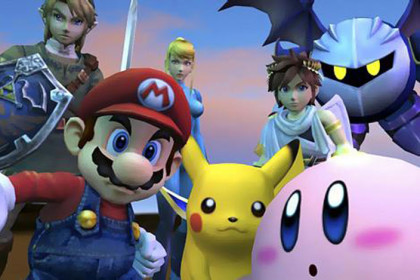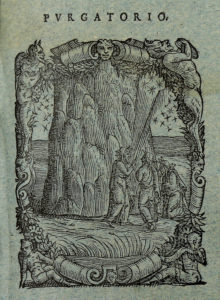
Apart from the impressive soundtrack by well known composers, videogames always find new ways to astonish and send adrenaline down our spine. One of the most recent device is Latin, a “dead language” sometimes exhumed for its evocative features. Let’s take Super Smash Bros. Brawl by Nintendo: the heroic adventures of Super Mario are celebrated by a warlike hymn in Latin, to enhance a character of our times loved by young people. Of course it is not a noble text, it is a song that wants to convey the spirit of ancient warriors.
But Imagimotion from Rome and TIconBLU from Bologna have gone further, creating a videogame in which characters speak Latin. Revealed in Bologna the 16th of November, it revolves around Eymerich, created by Valerio Evangelisti, and it is loosely based on “Nicolas Eymerich the Inquisitor”. The story takes place in Carcassonne and unwinds through the alleys of various medieval cities, where Eymerich, moving between history and mysteries, will fight an ancient Evil through different times and spaces: on the official site we read, “Eymerich is called to investigate an obscure case, beyond heresy, that reveals a new face of Evil. He must tackle many arduous tasks. He must make many painful choices. He must take on terrible creatures. But his burning determination will overcome the Plague and his worst nightmares”.
Game designer Ivan Venturi describes what’s supposed to be the first chapter of a trilogy as “a medieval adventure gothic semihorror”, an adventure game made to satisfy hardcore gamers but suitable for casual gamers as well, with loose game pace and pick up and play controls. If you play it as an Adventure Game, the four chapters of The Plague are rich of puzzles able to put to the wit, dedication and patience, while the “Interactive Novel” mode let you enjoy the plot.
As we were saying, the uniqueness of the four episodes of Nicolas Eymerich, the Inquisitor: The Plague is the Latin dubbing. Why this choice? To create a compelling atmosphere and a believable backdrop, cherish our Roman roots and highlight the didactical potential of such a powerful tool as videogames. You don’t know Latin? Don’t worry: the game is dubbed in English and Italian, with English, French, German and Italian texts and subtitles.
 English
English  Italiano
Italiano 



